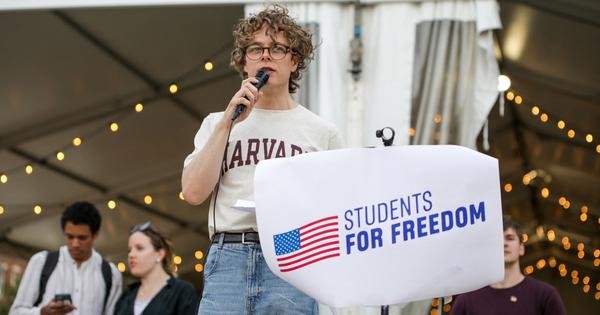Understanding US Visa Policies and Social Media Checks
Owolabi, a 23-year-old Nigerian student, is carefully deleting his old tweets and comments about US policies. He’s worried about his past comments on former President Donald Trump’s 2018 remarks about African countries. Owolabi has been accepted into a master’s program in cybersecurity at the University of New Haven in Connecticut. But with the Trump administration pausing student visa appointments for new social media checks, he’s concerned about his future.
Owolabi shared, “I don’t know what to write on Facebook or X now that won’t get me into trouble. It feels like someone is watching my every move.” He was about to schedule a visa interview at the US embassy in Abuja when he heard about the appointment pause for all applicants.
International Students and the US
Every year, about 50,000 students from sub-Saharan Africa go to the United States to study. While China and India send more students, Nigeria leads Africa with around 20,000 students going to US colleges in 2024. The United States is a top destination for international students because of the career opportunities available after graduation.

New Visa Vetting Guidelines
In May, US Secretary of State Marco Rubio told embassies to stop scheduling new visa appointments. The Trump administration announced it would review the process and expand checks of students’ social media profiles. This directive is part of a broader crackdown on international students, with the administration trying to revoke visas and increase deportations.
The US administration has also targeted elite universities like Harvard. In early June, a federal judge temporarily blocked Trump from barring US entry of foreign nationals seeking to study or participate in exchange programs at Harvard. These policies on foreign students are part of a broader immigration crackdown. The goal is to tighten borders and enhance national security.
Unwarranted Digital Surveillance
Since 2019, most US visa applicants have had to share their social media identifiers, like their Facebook or X handles. Rubio’s announcement means applicants will face even more scrutiny. This raises questions about digital surveillance and the data privacy of applicants, according to digital rights lawyers.
Khadijah El-Usman, a digital rights lawyer from Paradigm Initiative, said, “Checking visa applicants’ social media activities as part of the immigration process blurs the line between legitimate security concerns and unwarranted digital surveillance.” She added that profiling applicants based on their online activity could lead to misinterpretations of harmless posts. This could result in visa denials based on opinions or political jokes.

Chilling Effect on Freedom of Expression
Digital rights campaigners warn that the US move could prompt other countries to normalize digital surveillance as part of immigration processes. Mojirayo Ogunlana, executive director of Nigeria-based DiGiCiVic Initiative, said, “If someone in a moment of anger says, ‘Why is America supporting Israel?’ and they post that on X or Facebook, does that mean they are a terrorist? Or that they are a national security threat? Is that a legitimate reason to deny them visas?”
Ogunlana added that people would increasingly self-censor online. They would share content that aligns with the religious and political ideologies of the US government. This has a “chilling effect on freedom of expression” globally. It especially affects young people who use social media to express frustrations and draw attention to specific causes.
Barbadian student Blackman, who lives in Bridgetown, deleted his X and Facebook accounts after receiving an email saying his visa application was on administrative hold. Blackman, 20, has been accepted for a master’s degree in pharmacy at the University of Massachusetts. However, he has yet to hear back about his application. He is worried about his blog posts supporting the Black Lives Matter movement, which are still visible online.
“The internet gave young people like me a voice to speak about racism and police brutality. Now, I feel silenced and monitored,” Blackman said.
This article first appeared on Context News.



